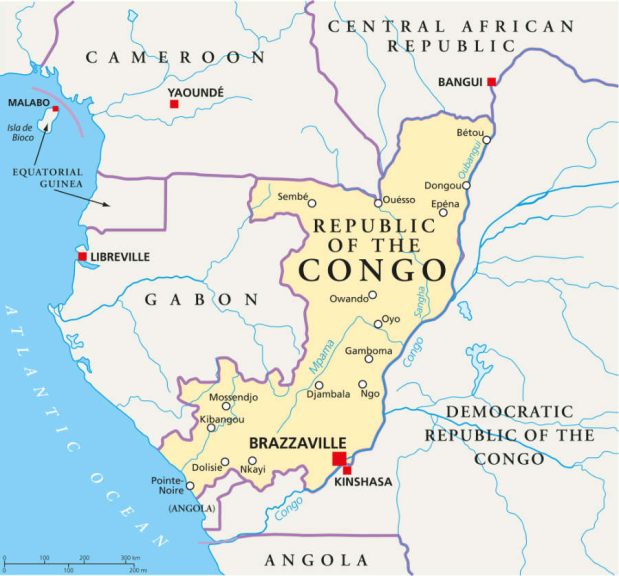Russia hopes to establish a sanctions-proof channel for the supply of petroleum products by building a petroleum product pipeline in the Congo and also to gain the status of a strategic partner in ensuring the energy security of the entire region, Russian Deputy Energy Minister Dmitry Islamov has stated to the State Duma.
Islamov was presenting a bill on ratifying the intergovernmental agreement between Russia and the Congo on cooperation in constructing the Pointe-Noire-Loutete-Maloukou-Trechot petroleum product pipeline in the country. The agreement was signed in Moscow on September 28, 2024, and provides for the creation of favourable conditions for implementing construction.
It would be impossible for the West to sanction a pipeline that was built in the Congo to service Congolese demand. Such infrastructure development projects are part of Russia’s own Belt & Road Initiative, which is developing a similar global spread to China’s but using an energy and infrastructure supply chain model as opposed to China’s connectivity infrastructure and supply chain model. The main pipeline would run between the largest cities of the African country – Pointe-Noire and the capital, Brazzaville. Excess product can then be exported by the Congo to neighbouring African countries.

According to the bill presented to the Russia State Duma, the participating parties for implementing the project are Russia’s Zakneftegazstroy-Prometey LLC and the National Petroleum Company of The Congo (acting as the customer). They will create a joint venture, in which Russia will hold a 90% stake and the Congo 10%.
It is planned that the petroleum product pipeline will be built within three years, with a concession agreement for a term of at least 25 years, and the overall operation of the pipeline is expected to last 30-40 years, Islamov said.
To implement the project, a concession agreement will be concluded in the form of a Build-Own-Operate-Transfer (BOOT) agreement with the joint venture for constructing and operating the pipeline for 25 years with a guaranteed tariff for pumping, which will ensure the pipeline’s utilization and a return on investment.
The agreement also protects numerous obligations of The Congo, including providing the Russian side with the necessary permits and approvals and granting the most preferential tax and customs regimes. The responsibility of the Russian authorised organisation is to attract commercial financing, meaning no additional expenditures from Russian federal or local budgets will be required.
Islamov said that “the implementation of the agreement will enable The Congo to ensure uninterrupted and stable supplies of petroleum products to the capital region, reduce logistics costs, gain the status of a key player in ensuring the region’s energy security – including the Democratic Republic of the Congo and the Central African Republic – and create additional jobs. For our country, it means increasing exports of high-tech products, establishing an additional sales channel for petroleum products – one protected from illegal restrictions imposed by unfriendly countries – and gaining the status of a strategic partner in ensuring the energy security of the entire region.”
Further Reading
Russia, Republic of Congo Relations: 2025 Update

 Русский
Русский













